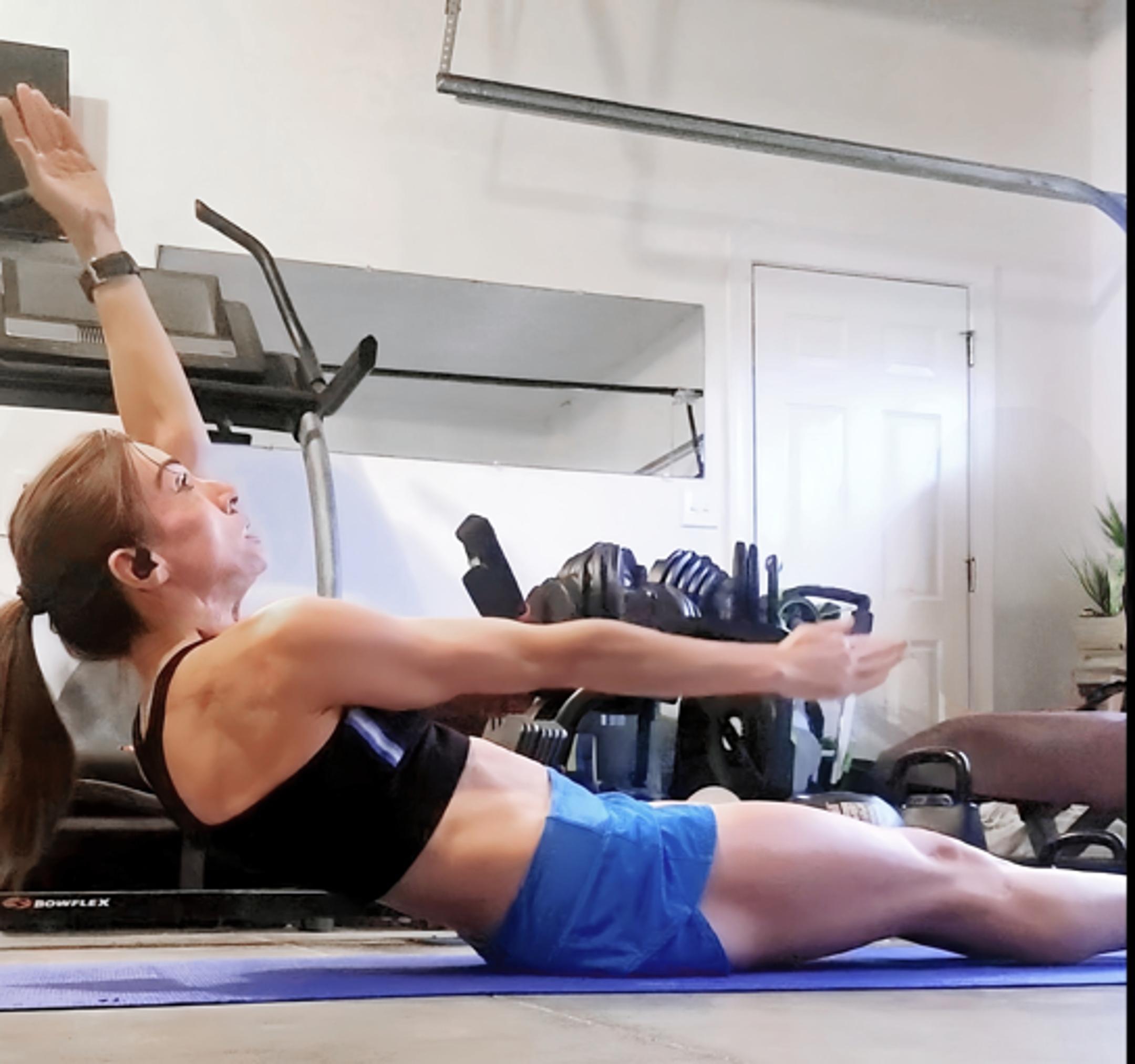 New Year’s resolutions. They’re as predictable as the ball drop at midnight. “This is my year to cut carbs, eat clean, and lose 20 pounds!” Sound familiar? We’ve all been there—setting big, restrictive goals that feel more like punishment than empowerment. But what if this year, we ditched the diets and focused on something more sustainable, uplifting, and, dare I say, enjoyable?
New Year’s resolutions. They’re as predictable as the ball drop at midnight. “This is my year to cut carbs, eat clean, and lose 20 pounds!” Sound familiar? We’ve all been there—setting big, restrictive goals that feel more like punishment than empowerment. But what if this year, we ditched the diets and focused on something more sustainable, uplifting, and, dare I say, enjoyable?
As a coach with over 16 years of experience working with women navigating perimenopausal wellness, menopause, and beyond. I’ve seen firsthand what works—and what doesn’t. Here’s the thing: midlife is not the time to deprive yourself with fad diets. Instead, it’s the perfect time to lean into habits that actually work with your body, not against it.
Let’s talk about why restrictive diets don’t work in midlife and how you can create a fresh start this New Year that prioritizes your strength, energy, and confidence.
Why Diets Fail (Especially in the World of Perimenopausal Wellness)
If you’ve ever felt like your body has changed overnight during perimenopause, you’re not imagining it. Hormonal shifts like declining estrogen can impact everything from how your body stores fat to your energy levels and even your cravings. Traditional diets that rely on extreme calorie cuts or rigid food rules simply don’t address the underlying hormonal changes at play—and can even make things worse.
Here’s why:
- Restrictive diets tank your metabolism. Eating too little can cause muscle loss, and since muscle is your body’s calorie-burning engine, this only makes fat loss harder.
- They mess with your energy and mood. Ever tried low-carb during the holidays? Not only is it miserable, but it can also increase stress hormones like cortisol, making belly fat even more stubborn.
- They’re not sustainable. Life is too short to skip cake at your best friend’s birthday or feel guilty for eating a cookie at the office potluck.
In short, diets are like that toxic relationship you know you need to break up with—they promise a lot but leave you feeling worse.
A Fresh Approach for Midlife Wellness
Instead of following the latest diet trend, let’s focus on building a foundation of habits that work with your body during this phase of life. Here’s how you can shift your mindset and routine to feel stronger, more energized, and healthier without the all-or-nothing trap.
1. Prioritize Protein at Every Meal
Protein is your best friend in perimenopause. It supports muscle retention, keeps you feeling full, and stabilizes blood sugar to help manage cravings. Think of it as the anchor to every meal.
- Start your day with Greek yogurt, eggs, or a plant-based protein smoothie.
- Add lean proteins like chicken, fish, tofu, or lentils to lunches and dinners.
- Snack on options like boiled eggs, cottage cheese, or a handful of almonds.
Pro Tip: Aim for at least 20-30 grams of protein per meal.
2. Stop Demonizing Carbs (Seriously!)
Carbs aren’t the enemy. In fact, they’re your body’s preferred source of energy. The key is choosing quality carbs that work for your blood sugar and hormones.
- Opt for whole grains like quinoa, farro, or brown rice.
- Enjoy starchy veggies like sweet potatoes or squash.
- Pair carbs with protein and healthy fats to slow digestion and avoid blood sugar spikes.
So yes, you can enjoy that slice of sourdough guilt-free!
3. Focus on Strength, Not Just the Scale
Weight loss is often the first goal for New Year’s resolutions, but what if you shifted your focus to gaining strength instead? Strength training can be a game-changer in midlife. For instance, it helps to:
- Combat age-related muscle loss (aka sarcopenia).
- Improve bone density, reducing the risk of fractures.
- Boost your metabolism, so you burn more calories even at rest.
Start with two to three sessions per week. Don’t overthink it—bodyweight exercises like squats, push-ups, and planks are a great place to start.
4. Hydrate Like It’s Your Job
Hormonal shifts during perimenopause can leave you more prone to dehydration, which can mimic hunger, zap your energy, and even make hot flashes worse.
- Start your day with a tall glass of water.
- Aim for at least 8-10 cups daily, adding more if you’re active.
- Infuse your water with lemon, cucumber, or berries for a little flavor boost.
Hydration is one of the simplest ways to feel better almost instantly.
5. Embrace Mindful Eating
Instead of obsessing over every calorie, focus on eating with intention. Mindful eating is all about tuning in to your body’s hunger and fullness cues.
- Slow down while eating—put your fork down between bites.
- Pay attention to how different foods make you feel.
- Give yourself permission to enjoy your favorite treats in moderation.
Trust me, savoring a slice of pie without guilt is far more satisfying than eating three in secret because you’ve “already blown it.”
Celebrate Progress Beyond the Scale
Here’s the truth: the scale is just one tiny piece of the wellness puzzle. In midlife, there are so many other wins to celebrate:
- Feeling stronger during workouts.
- Sleeping better at night.
- Having more energy to chase your grandkids (or dogs).
- Fitting into your favorite jeans again—not because you starved, but because you feel great in your body.
Progress is about how you feel, not just a number.
Closing Thoughts: Navigating Perimenopausal Wellness This Year
This New Year, let’s leave the diets behind and focus on habits that actually support your body and mind. Remember, health isn’t about restriction or perfection—it’s about creating a life you love living.
So ditch the quick fixes, lean into what feels good, and give yourself the grace to enjoy the journey. You deserve a fresh start that works for you, not against you.
Cheers to a stronger, healthier, and happier 2025! 🥂
Author: Coach Stephanie, Gravity Transformation
References
- Soares, M. J., et al. The role of dietary protein and fat in appetite control and satiety in women. Nutrition Research, 2004.
- Moreno, C. R., et al. Effects of chronic stress on sleep and recovery. Sleep Medicine Reviews, 2013.
- Layman, D. K. Protein quantity and quality at levels above the RDA improves adult weight loss. Journal of the American College of Nutrition, 2004.
- Phillips, S. M., & Van Loon, L. J. C. Dietary protein for athletes: From requirements to metabolic advantage. Applied Physiology, Nutrition, and Metabolism, 2011.
- Barbagallo, M., & Dominguez, L. J. Magnesium and aging. Current Pharmaceutical Design, 2010.



